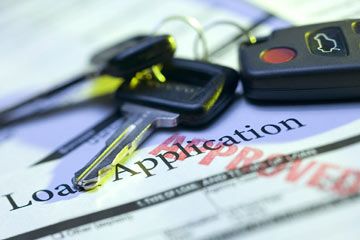You've done your homework, you've negotiated a car loan and now you're driving off the lot in your new set of wheels. Well, it's not exactly your new set of wheels. Until you finish paying off your 36-month, 60-month or 72-month loan, that car belongs to the bank, car dealer or credit union that fronted you the cash in the first place.
Luckily, when handled correctly, paying off a car loan is a simple and painless process. If you've picked the right car, figured out the best monthly payment and kept a close eye on your finances throughout, you'll be a full-fledged car owner in no time.
Advertisement
A successful car loan is a great way to build up a solid credit rating and set yourself up for a long future of mortgages and small business loans. And, of course, once the car is paid off, it's all yours. You can sell it, trade it or hang on to it for many happy years of fun, debt-free motoring.
In this article, we'll look at how to smoothly pay your way through a car loan, and even how to change loans mid-stream in order to get a better deal. After all, sometimes the car loan that made sense at the time of purchase may need to be reconfigured.
We'll also take a close look at what to do if things start to go wrong. When the money dries up, a shiny new car can suddenly become a very expensive liability. We'll look at some last minute schemes to keep your head above water.
But first, you've got to start budgeting. Keep reading to figure out when to pay, how to pay it and how to pay as little as possible.
Advertisement



